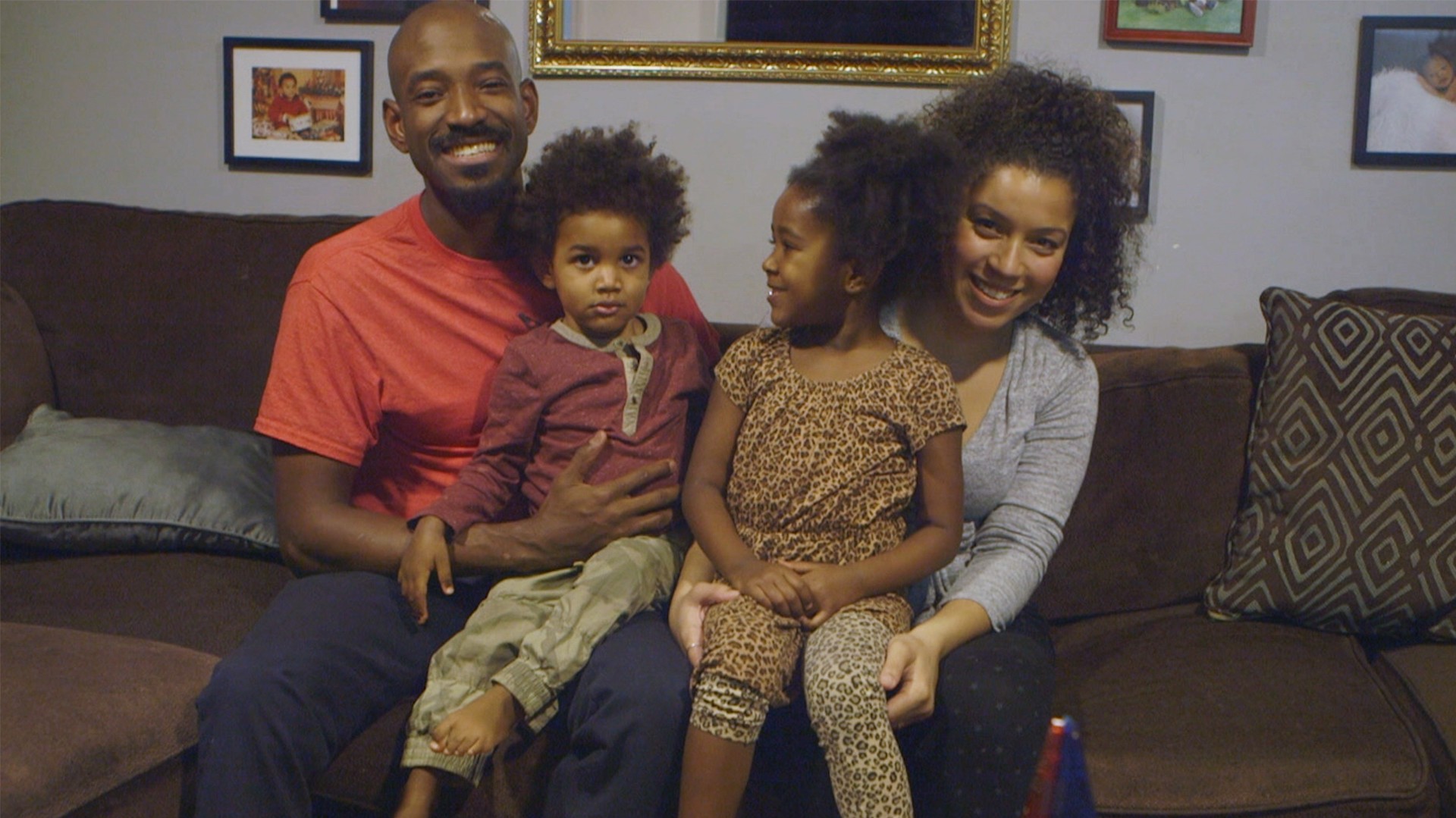Nicholas Eveleigh/Getty Images
The Situation: Your buddy swears he takes his dental health seriously. He brushes his teeth (in circular motions, even) morning and night without fail. But picking popcorn kernels out of his teeth with his fingernail is the closest he's ever come to flossing. If he's brushing thrice daily, that shouldn't matter, right?The Reality: In its eighth Dietary Guidelines for Americans report, published in 2015, the Department of Agriculture and the Department of Health & Human Services failed to recommend flossing for the first time. They based the omission on unreliable, conflicting, and weak evidence of its benefits: One review shows flossing reduces your risk of gum disease, another found no evidence that it effectively gets rid of plaque, and still another states the benefits of flossing are "not supported by scientific evidence." Experts initiated damage control, and still insist flossing is key to dental health and disease prevention."It's an old but true saying that you should only floss the teeth you want to keep," says Paulo Camargo, associate dean for clinical dental sciences at the UCLA School of Dentistry. Meet the dental devil: plaque, or biofilm—both euphemisms for bacteria—that builds on and in between your teeth. Brushing wipes out the plaque on the surface of your teeth, but flossing takes care of the bacteria between your teeth—and skipping this step can create a mess in your mouth.The Mess It'll Make: Cavities and gum disease, for starters, which could lead to tooth decay and eventual tooth loss if left untreated. Remember that dental devil, plaque? It starts to build up immediately after a professional tooth cleaning, Camargo says. It doesn't only grow in quantity—the presence of pathogenic, or disease-causing bacteria increases exponentially. After a couple of weeks the biofilm reaches its most harmful stage, but "damage can occur way before the biofilm is fully mature," he says. That buildup of pathogenic bacteria can cause interdental cavities and gingivitis, a form of gum disease characterized by gum inflammation. Gingivitis can progress into periodontitis, or a serious gum infection in which the gum and bone separate from the tooth and create pockets where food can lodge and cause infection.How You'll Know: It'll be painfully obvious—literally—that there's a problem. Red, inflamed, or bleeding gums signal an issue, as well as chronic bad breath, Camargo says.
More From TONIC: Cursing Parents
What You Should Tell Your Friend: Tell him that even if he's not suffering any pain, flossing will do an awful lot of good for his stinky breath and for anyone speaking with him face to face. If he does notice any of the above clues, he should schedule a visit to the dentist. And in the meantime, keep flossing—every 24 hours—but show your gums some mercy. Imagine you're shoe-shining up and down against each tooth, Camargo says. Carefully push the floss past the contact point between two teeth, wrap it around the tooth you're cleaning, and gently move it up and down and back and forth. "Flossing is essential in maintaining oral health," Camargo says. "It's never too late to visit the dentist and start flossing."Read This Next: Your Sweet Tooth is Actually in Your Liver
Advertisement
Advertisement
More From TONIC: Cursing Parents

What You Should Tell Your Friend: Tell him that even if he's not suffering any pain, flossing will do an awful lot of good for his stinky breath and for anyone speaking with him face to face. If he does notice any of the above clues, he should schedule a visit to the dentist. And in the meantime, keep flossing—every 24 hours—but show your gums some mercy. Imagine you're shoe-shining up and down against each tooth, Camargo says. Carefully push the floss past the contact point between two teeth, wrap it around the tooth you're cleaning, and gently move it up and down and back and forth. "Flossing is essential in maintaining oral health," Camargo says. "It's never too late to visit the dentist and start flossing."Read This Next: Your Sweet Tooth is Actually in Your Liver